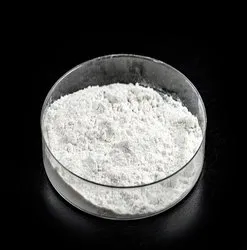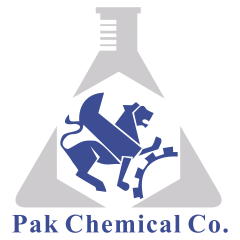The magic of modern manufacturing often lies in the details – compounds and materials that may not be visible or known to most end consumers, yet play a significant role in the production process and the final product’s properties. One such compound is light zinc stearate, a fine, white powder with specific properties that make it indispensable in many industrial applications. This article aims to shine light on this humble compound’s role and importance.
Understanding Light Zinc Stearate
Zinc stearate is a zinc soap known for its repellant properties towards water and its ability to mix well with oils, fats, and waxes. It forms as a reaction product of stearic acid, a common fatty acid, and zinc oxide. The compound comes in two forms: light zinc stearate and dense zinc stearate. Light zinc stearate has a lower density and is typically used as a release agent in the rubber. Plastic, and polyurethane industries.

Applications Light Zinc Stearate
The most critical application of light zinc stearate is as a release agent. In the manufacture of plastic and rubber products. It is essential to ensure that the product does not adhere to the mold once it is formed and cooled. Light zinc stearate has a particular affinity for these materials and forms a fine layer that prevents adhesion. Thus making the demolding process easier and less likely to damage the product.
In the plastics industry, light zinc stearate helps in the heating process of polymers by acting as a lubricant. It improves the flow properties of the material during the molding or extrusion process. Thus reducing wear and tear on machinery. It also aids in the dispersion of pigments and fillers in plastic. Which results in a more uniform and aesthetically pleasing product.
Also finds use as a flatting and sanding agent in lacquers, coatings, and paints. It aids in the production of smooth, matte finishes by preventing the absorption of excess oil or varnish. This function is essential in achieving a consistent and high-quality finish in various decorative and protective coating applications.
In the pharmaceutical industry, light zinc stearate serves as a lubricant in tablet and capsule manufacturing. It ensures that the tablets do not stick to the equipment during the compression process. Thereby maintaining the tablet’s shape and integrity. Its water-repelling properties also help keep the medicine dry and increase its shelf life.
Environmental Considerations and Sustainability
It is non-toxic, non-soluble in water, and readily biodegradable, making it an environmentally friendly choice for many applications. Its production, mainly from renewable sources such as plant-derived stearic acid. Aligns with the growing global push towards sustainable and eco-friendly manufacturing practices.
In conclusion, it although largely unseen and unknown outside of manufacturing circles, plays a crucial role in various industries. Its unique properties make it an integral part of the manufacturing process, impacting everything from the efficiency of the production line to the quality and appearance of the final product. As we move towards a future marked by sustainability and efficient resource use, the importance of such compounds will only continue to grow. Therefore, understanding and optimizing their use is key to the ongoing evolution and advancement of modern manufacturing.
